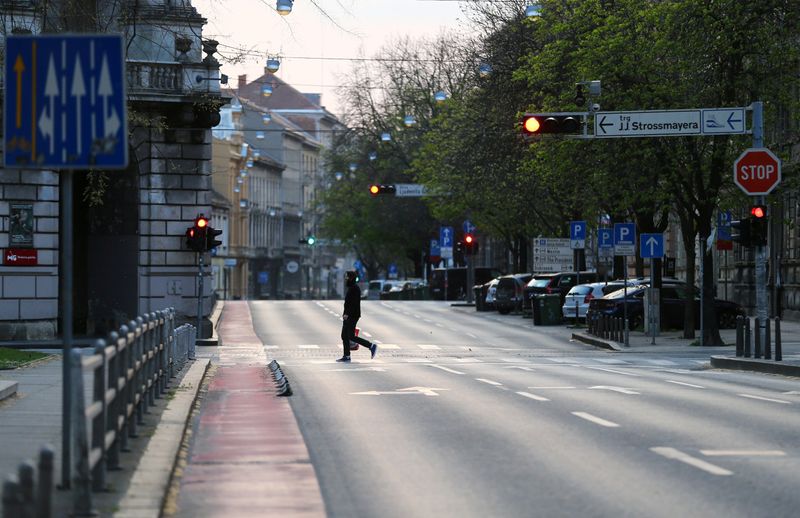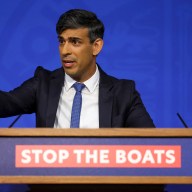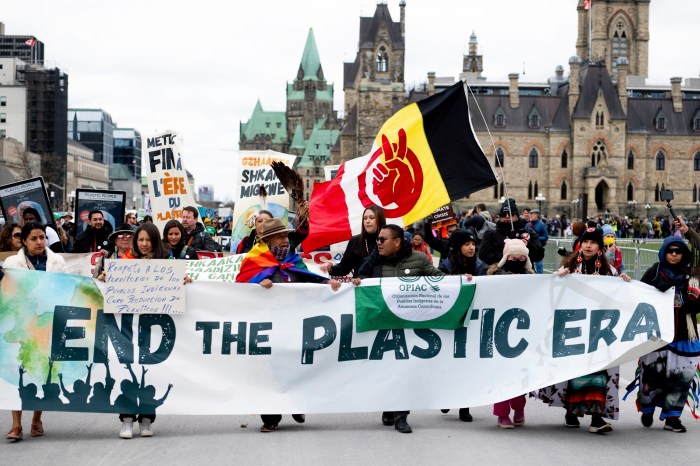ZAGREB (Reuters) – Croatia will start a staged easing next week of coronavirus lockdown measures it introduced more than a month ago, beginning by opening more shops and running public transport in cities, Prime Minister Andrej Plenkovic said on Thursday.
The country has been in lockdown since mid-March with only food stores, pharmacies and petrol stations open. It has so far registered 1,981 cases of COVID-19, with 50 deaths.
“(The) epidemiological situation is under control. We can now turn to gradually — I repeat gradually — reactivating the economic activities. But we must remain very cautious not to waste what we have so far achieved,” Plenkovic told a cabinet session.
From April 27 all shops will be open apart from those located in big shopping centres, Plenkovic said. Businesses that can provide services without requiring close contact with customers, such as tailors or tourist agencies, will also reopen.
“We will reopen libraries, bookshops and museums. The public transport in the cities will start operating again,” he said.
From May 4 services involving close physical contact, like beauty and hairdressing shops, will also reopen, but with specific protection measures.
From May 11 gatherings of up to 10 people will be allowed at a safe physical distance and big shopping centres will reopen. On that date elementary schools will open their doors for the youngest pupils.
Also from that date, bars and the restaurants will be allowed to operate, but with customers permitted only in their outside spaces, and respecting adequate protection measures.
“Public events and large public gatherings will remain banned. We must remain on alert. This virus requires it. This is a move to reactivate economic activities, but at the same time we must carry on protecting each other,” Plenkovic said.
He added the lockdown measures could be reactivated if the epidemiological situation deteriorated.
The government has yet to release its projections on how the coronavirus crisis will affect the economy this year, especially given its huge reliance on the tourist industry. Last week the World Bank projected an economic downturn of 6.2%, while the International Monetary Fund saw it even higher, at 9.0%.
(Reporting by Igor Ilic; Editing by Frances Kerry)



















